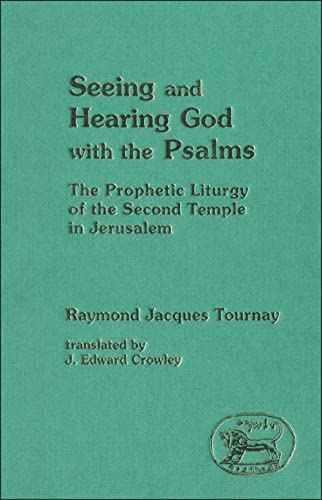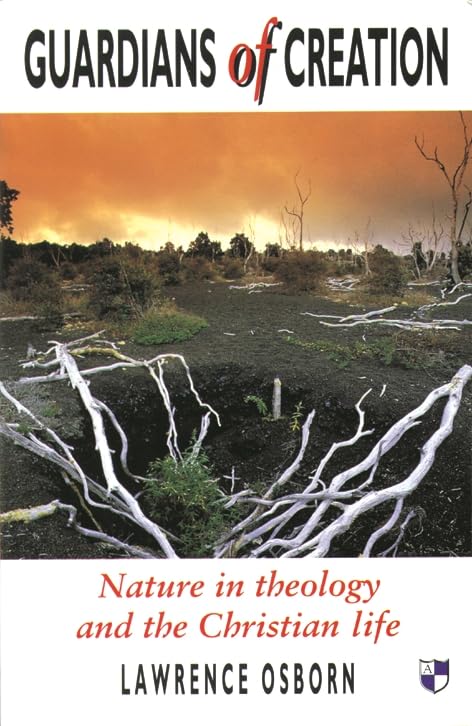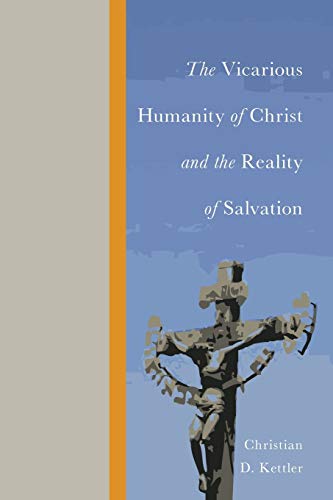Volume 19 - Issue 2
Deuteronomic depression
By Christopher J.H. WrightBibles should carry a government health warning: ‘Bible study can seriously damage your peace of mind.’ That, at least, has been my experience as a result of prolonged over-exposure to the book of Deuteronomy during the past year in which I have been working on a commentary on it (for the forthcoming New International Biblical Commentary on the OT, from Hendrikson). A sabbatical term in the middle, which is supposed to be a time of quiet refreshment, was frequently fraught with spiritual and moral challenge and deep anger, as the implications of the book filtered through the detailed engagement with it. I have no idea how Josiah felt if it was indeed the book of Deuteronomy that was dusted off and read to him, nor would I dare draw comparisons, but I think I understand something about his response of despair and remorse as he listened to Deuteronomy and looked at his nation simultaneously. You shouldn’t read your newspaper near the naked flame of the word of God if you want to keep cool.
My trouble is, of course, that I will insist on making this assumption that the Old Testament is actually relevant. If only I could take a couple of hermeneutical aspirins and dull the pain by locking Deuteronomy up in a BC time-warp, or by saying it only applied to Israel as the covenant people and so has no message for modern society, then perhaps I could while away the pages discussing whether this part of that verse is from the first or second Deuteronomist and why ‘you’ changes from singular to plural and back so fecklessly. Once allow the conviction to take root, however, that the description of Israel as a light to the nations is more than just a literary figure, that Israel as God’s priesthood in the midst of the nations was meant to be some kind of model, that ‘these things were written for our instruction,’ then the fire of relevance starts burning in the bones. Then it becomes impossible to ignore the gaping chasm between the kind of spiritual, social, economic and political ethos and objectives portrayed in Deuteronomy and those pursued with Gadarene determination in the western world. Once again I beg the indulgence of international readers for focusing my reflections on the challenge of biblical ethics in a British context, but since the Bible itself is so ruthlessly particular I think it is justified.
The dominant concern of the opening eleven chapters of Deuteronomy is with idolatry. The ultimate claim on Israel was that they should acknowledge Yahweh alone as the living God. The monotheism of the shema (Deut. 6:4f.) was no armchair philosophy but a monumental challenge to all human polytheisms, and still is. The severity of the warnings against idolatry is not some hangover from primitive religion (to which culturally pluarilized western confusion consigns them) but are born of graphic awareness of what idolatry does to a society. It is not just an argument over how many gods exist. The shema does not say ‘There is only one God’, but (in effect), ‘Yahweh alone is that one God,’ Yahweh as he is characterized in the rest of the OT, and specifically in the redemptive history of Israel recounted and celebrated in Deuteronomy. Once that living God and his claims are rejected, then the resulting vacuum is filled with gods that are destructive and cruel. The Baalism of Canaan which, through its fertility cults, sacralized sex and sacrificed babies (Deut. 12:31), is alive and well in our society, with its commodification of sex and the suffering of children in so many ways. The April editorial (issue 18.3) commented on this in relation to the shiver of horror in Britain at the murder of two year old James Bulger and the subsequent trial and conviction of two eleven year old boys. The public debate has tried to allocate blame, to the extent of a government minister accusing the clergy of not teaching about right and wrong, and pundits have argued about the nature of evil. But the category of idolatry has not been recognized, let alone confessed. Yet it seems to me that the west is now well into the process of reaping the bitter harvest of the rampant idolatry of generations, of consumerism, individualism and privatism. With idolatry comes injustice, arrogance (Deut. 8:17) and self-righteousness (9:4ff.).
Chapter 15 is at the heart of Deuteronomy, not only structurally, but theologically and conceptually (cf. J.M. Hamilton: Social Justice and Deuteronomy: The Case of Deuteronomy 15, Atlanta: Scholars Press). It is the focus of a concern spread throughout the book for the economically weak and needy, and of a structural, systematic response to such need by practical measures related to debt, poverty, working conditions, etc.Significantly, God undertakes that if the nation will look after its poor, the nation itself will not be impoverished by crippling national debt (15:16). Current British policy is to try to solve its huge public debt by cutting back on social provision for the already poor, and to scapegoat in moral terms those already at the bottom of the ladder. The gap between rich and poor is greater than any time since the last century and getting worse. Attending a performance of Dickens’ Christmas Carol recently made me wonder if its satire on the evils of his era has lost any of its force a century on. There is a callousness at the heart of our politics that is profoundly chilling, whether one thinks in Dickensian or Deuteronomic terms.
A major dimension of Deuteronomy’s economic and social concern is related to the world of work. The fourth commandment is the only commandment to have a specific purpose (as distinct from a motivation) attached, which is ‘so that your manservant and your maidservant may rest as you do’ (5:14). It was intended specifically for the benefit of the working population. It was, as Harold MacMillan is reputed to have said, the first and greatest worker protection act in history. Alongside this, there is the law commanding just and prompt payment of wages to the most vulnerable workers (in Israel’s case, the day-labourers, 24:14f.). Not only has the British government abolished virtually all restrictions on Sunday trading, in the interests of big business and to the detriment of the most poorly paid section of the workforce—shopworkers (it is noticeable in the OT how rejection of the sabbath principle went along with exploitation and profiteering: Isa. 58:3, 13, Amos 8:4–6); not only has it refused to agree to European standards of worker protection of wages and conditions; it has also stripped away the minimal protection of existing wage councils and is in the process of dismantling even some health and safety regulations which it previously put in place, including in the construction industry (very much against the spirit of Deut. 22:8).
One could go on to mention immigration policy and practice in the light of 23:15f.; the questionable integrity of the parliamentary and judicial system in the light of 16:18–20, 17:18–20; the appalling state of personal and family indebtedness inflated by easy-lending and unscrupulous ‘credit’ practices in the light of 24:6, 10–13; even our lamentable procrastination over antipollution and environmental standards in the light of 23:12ff. At whatever point one plugs in, it seems that Deuteronomy is pointing in one direction while our national life, from top to bottom, is pointing in the opposite. What then should be the role of the people of God today in the midst of such a God-excluding and destructive culture? That was the other challenging fact about Deuteronomy which impressed me this year—its missiological relevance.
Here is a document which addresses the people of God on the boundary of a huge cultural challenge. They were moving from the relatively mono-cultural wilderness life into the strange new culture of Canaan, with its technological achievement, its decadent but attractive religion, its pluralism and idolatry, its social and economic oppression. How, in relation to such powerful cultural challenge, would they fare? Would they preserve their love and loyalty to the one true living God and witness to his truth, integrity, justice and compassion, for the sake of the nations (cf. 4:5–8)? Would they remain committed to the uniqueness of Yahweh in the context of religious pluralism (cf. 4:32–40)? That was their mission. That mission remains for the people of God in every culture, including the late 20th century neo-paganism of the west. The relevance of Deuteronomy to the cross-cultural mission of the church is a theme you will not find in many commentaries. Until the next one!
Christopher J.H. Wright
Principal, All Nations Christian College, Ware






